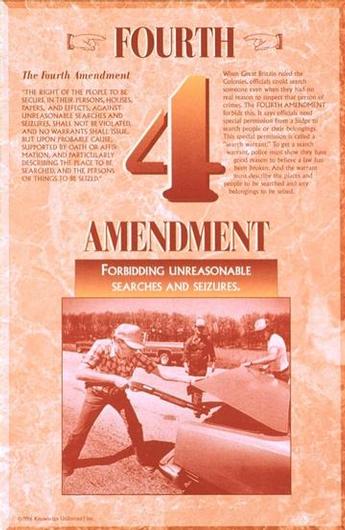New Orleans It is unsettling after a generation in this work to run into evidence that many of the things we have to win in the future are issues that we had already resolved in the past. I was shocked yesterday to read that not only has San Diego County revived house-to-house searches targeting poor welfare recipients, but as amazingly given the erosion of legal protections in the federal court system, the practice has been deemed legal up through the appeals court in San Francisco.
I can remember hearing in welfare rights meetings in the late 60’s, when I was an organizer for the National Welfare Rights Organization, the ladies talk of the humiliation of having young, white welfare case workers show up unannounced at their houses, demand admittance and look for men’s shoes in their closets, crawl under their beds, look in their attics, sheds, and anywhere else for evidence that somehow there might be some other way for them to survive other than being on Aid for Families with Dependent Children (AFDC). They were proud, but embarrassed. They pointed out the usual stories about unequal treatment and the double standard of divorce and desertion where fathers fled in other areas and there was compassion, but when it happened in the housing projects and neighborhoods of the poor, it was an invitation to a state search. They were all ages and their anger ran from rage to weeping. I was 20 years old and sat in silence, taking it all in like a alien visitor to a planet inhabited by nothing but women in a world unknown to the rest of America.
If anything these new searches seem worse. In San Diego they are done by investigators in the district attorney’s office, not even case workers who might somewhere, deep down have had an ounce of sympathy for the poor and from time to time given mercy as well as justice. The DA’s office simply criminalizes the need for the poor to seek assistance from the paltry remnants of the welfare system.
The 4th Amendment to the US Constitution bars unreasonable search by the Government. As Adam Liptak pointed out in the New York Times, this amendment seems to now be filtered by its own income test insuring that the poor are exempt from its protection. He quotes one of the seven dissenting judges speaking plainly in the dissent that this is “nothing less than an attack on the poor.”
Once upon a time this was outlawed throughout the country by the early 1970’s thanks to organizing, lawyers, and a sense in the land of simple justice that gradually included the poor. Now in the “new” America, criminalizing the poor, destroying their dignity and privacy, and invading their homes is part of the standard operating procedure and has once again found its way onto the list of things that must be changed, even though the constituency impacted is little able to muster the power and voice today to mount the same protest.
